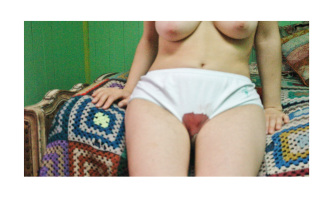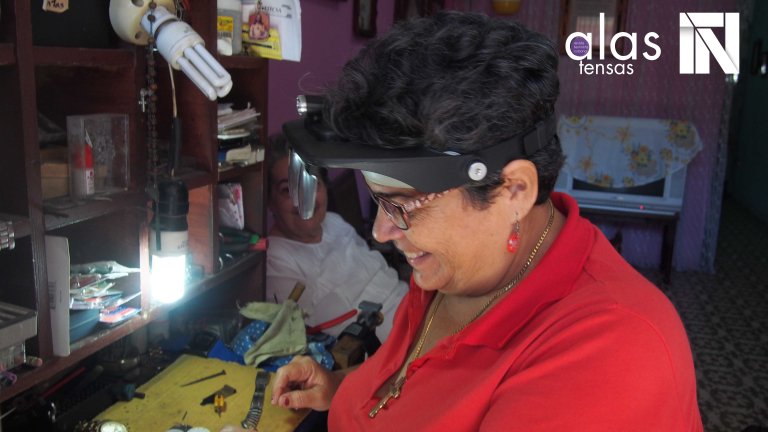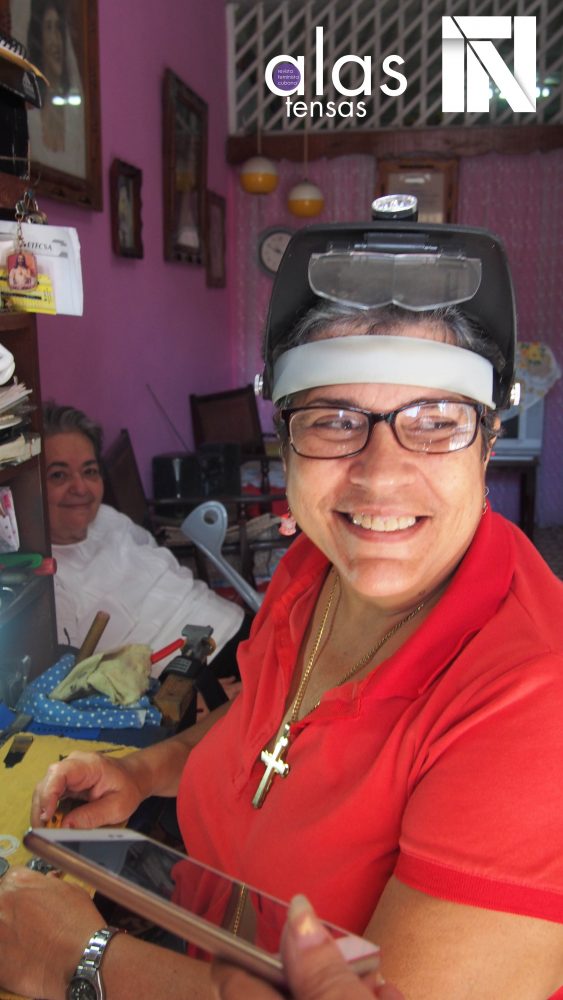
Alas Tensas/Tremenda Nota, Irela Casañas, 2 April 2018 — Every month something happens that causes me anguish, stress, fear… when my body warns that something is coming, I start looking through all the cabinets and drawers.
I head out to the informal markets, I go see my friends, I ask my mother if she can help me. I don’t bother to look in the shops because it doesn’t work for me: what I need is very expensive and comes in very small packages. On those critical days a tiny little package like that wouldn’t be worth much. continue reading
In short, even though I’m in my thirties, every month when I menstruate I feel as disoriented as a young girl on her first time. Why? Because this year the pharmacies haven’t even sold pads – we Cuban women call them ‘intimates’ – also known as ‘Brazilians,’ or ‘absorbents.’
And why don’t they sell what we need in Cuban pesos? Because the factory broke, because there are no raw materials, because there was an eclipse… In any event, something that should be routine and solvable is an anguish for Cuban women.
When they see me at home cutting up old pillowcases, worn out sheets, holey T-shirts… it is not to improvise a rope to escape through the window… no! It is to make my own pads and to be able to get through my day, go to work, and do the housework, keep going with my bloated belly and a wad of old cloth between my legs. My God! I should take a bath, have I already stained my jeans?!
I know that my monthly problem is multiplied by millions. And I know that if someone added it all up it would be alarming to see how much my country’s economy loses because of menstruation without supplies. Because sometimes it can’t be solved with old rags, and also because sometimes there is no aspirin to ease the pain.
What is lost in the personal economy we already know, and we all know it too well. The question is, will it always be like this? Does a natural event in our bodies have to be like a hurricane, an earthquake, a blizzard? Oh my great-grandmothers, when you were young at the beginning of the last century you had no idea!
Well I would not have suspected it either, when, as a teenager in a boarding school I tried to salvage my privacy during my period and I encouraged myself by thinking, “When I am an adult and I am working this will not be a problem.”


